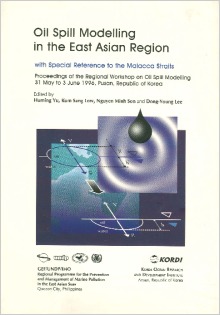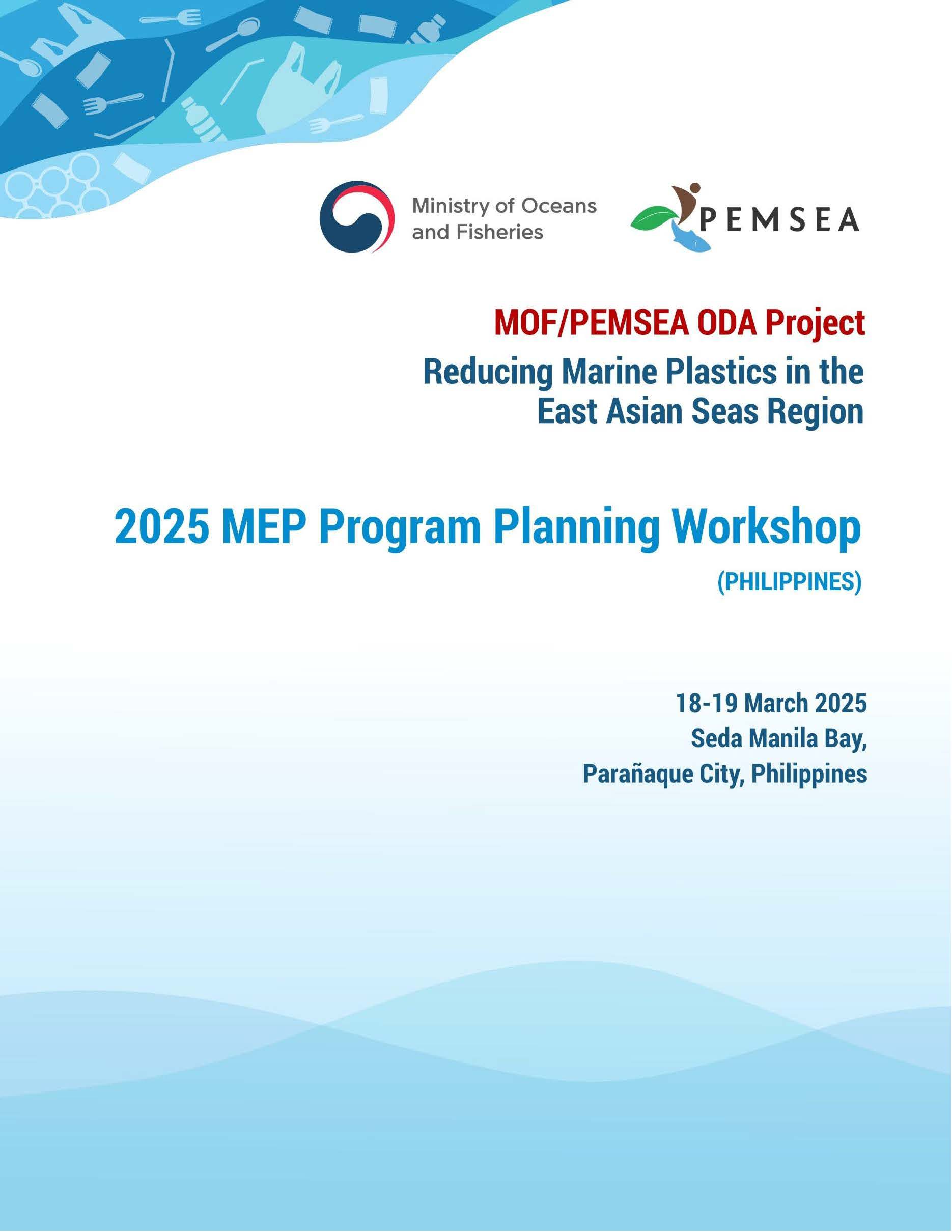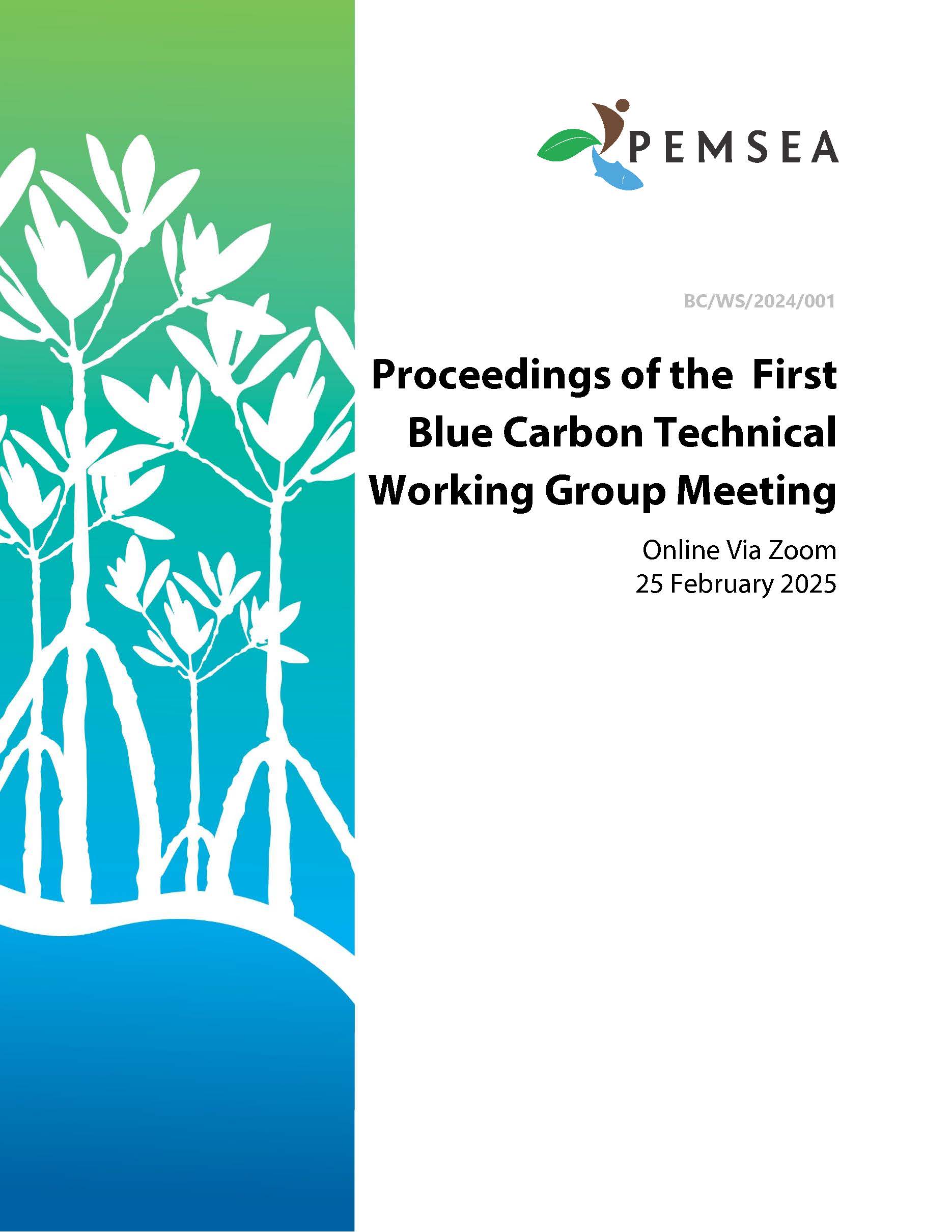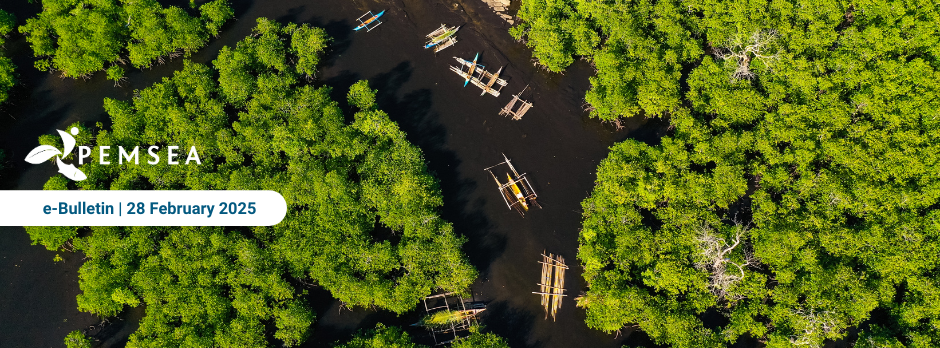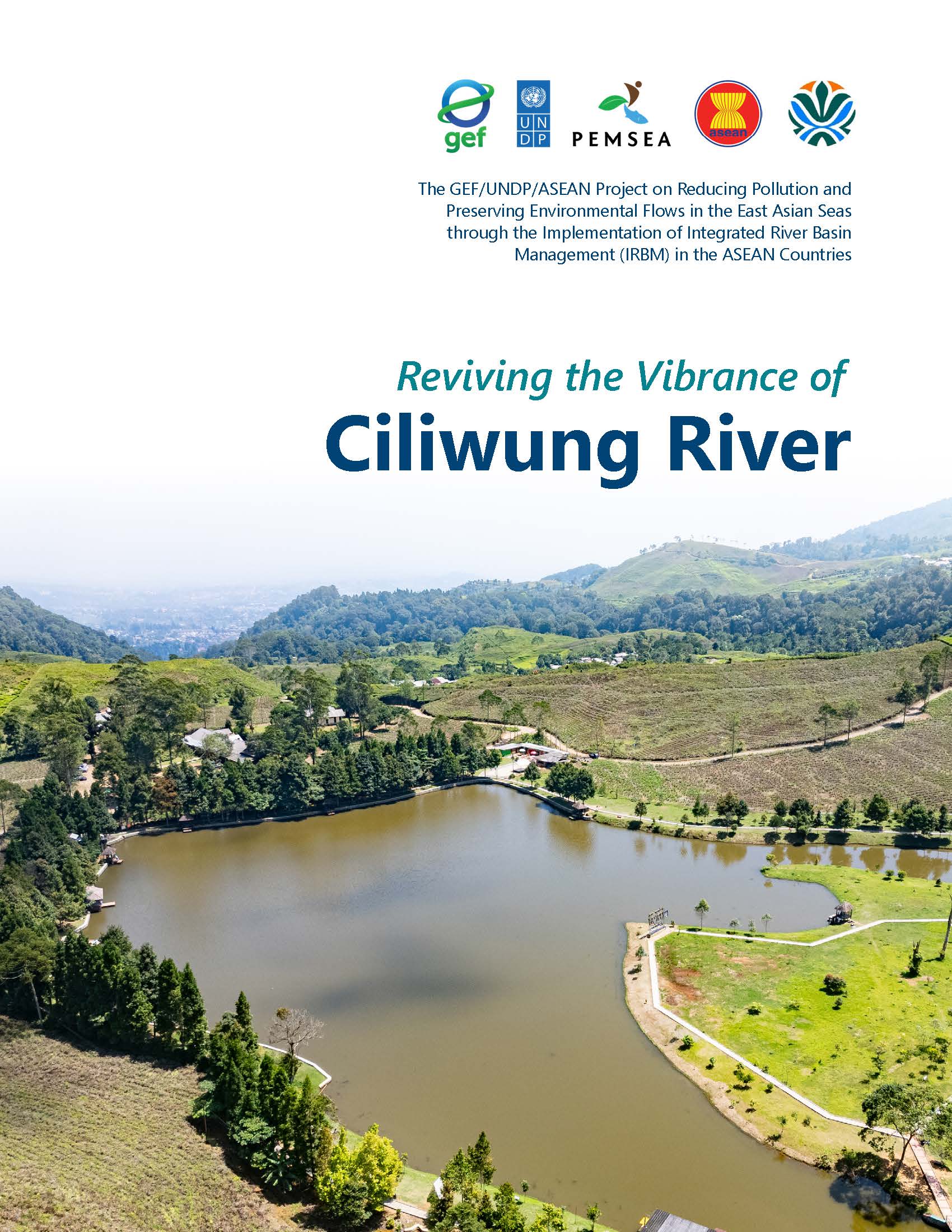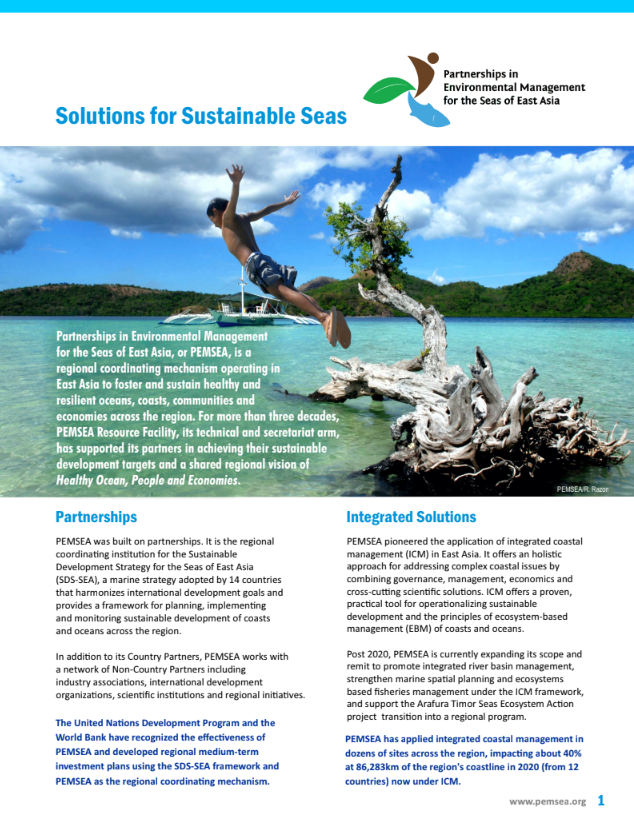
Breadcrumb
Oil Spill Modelling in the East Asian Region with Special Reference to the Malacca Straits
PUBLICATION DATE:
Monday, July 01, 1996
PUBLICATION TYPE:
Meeting Documents
STATUS:
Out of Print
DESCRIPTION:
This proceedings is a product of the Regional Workshop on Operational Oil Spill Modelling with Special Reference to the Malacca Straits, held in Pusan, the Republic of Korea, from 31 May to 3 June 1996. The workshop was organized by the GEF/UNDP/IMO Regional Programme for the Prevention and Management of Marine Pollution in the East Asian Seas (MPP-EAS), in cooperation with the Korea Ocean Research and Development Institute (KORDI), the Republic of Korea, and the Subcommission for the Western Pacific of the Intergovernmental Oceanographic Commission (WESTPAC/IOC). To prevent and reduce marine pollution, the MMP-EAS has been developing demonstration projects for the application of the integrated coastal management system and working models for multinational cooperation in international waters. The workshop is part of the efforts to develop scientific tools and techniques for improving the management of marine pollution. Its specific objective is to foster regional and subregional cooperation in oil spill modelling as an effective tool for contingency planning and responses. With the participation of 50 scientists and managers from 10 countries of the East Asian region, the workshop has packaged and evaluated the experience of the region and identified future directions in the development and application of operational oil spill models. These results have been incorporated in the proceedings. The proceedings has three major components: an executive summary, papers presented, and conclusions and recommendations made by the workshop. The executive summary, together with the annexes, outlines the events and processes of the workshop.
RELATED PUBLICATIONS
2025 MEP Program Planning Workshop
The planning workshop for the 2025 Marine Environment Protector (MEP) Program was conducted on 18-19 March 2025 at Parañaque, Philippines and brought together representatives from MEP partner organizations across six Philippine sites.
Representatives from the four existing MEP program sites presented their 2024 accomplishments and shared lessons learned from implementation. The workshop also served as an introduction for new MEP partners from Bulan and Calbayog who will begin implementation in 2025.
The participants discussed various campaigns and identified effective practices that could be applied across different sites. Together, they drafted comprehensive work plans and timelines aligned with the 2025 implementation guidelines established by the Regional Project Management Unit (RPMU).
The two-day workshop successfully established target outputs for 2025 implementation and developed strategies to effectively impact local communities in their respective sites. Participants focused on ensuring engagement and full support of their respective local government units for proposed marine plastic waste management initiatives.
Proceedings of the 1st Blue Carbon Technical Working Group Meeting
The First Blue Carbon Technical Working Group meeting was held on February 25, 2025, online via video conference (Zoom). The meeting was chaired by the Technical Session Chair and Co-Chair of the East Asian Seas (EAS) Partnership Council (PC) and participated by PEMSEA country partner designated representatives from China and the Philippines; non-country partner representatives from the National Marine Hazard Mitigation Service (NMHMS), Ocean Policy Research Institute of the Sasakawa Peace Foundation (OPRI-SPF), Conservation International (CI), Korean Maritime Institute (KMI); PNLC members, Xiamen University, University of the Philippines Marine Science Institute (UP-MSI); and other collaborators, such as the China Green Carbon Foundation and OceanPixel.
PEMSEA eBulletin - February 2025
Dear PEMSEA community,
As we step into a new month, we are thrilled to share some remarkable milestones and collaborative efforts that highlight PEMSEA’s ongoing commitment to environmental sustainability.
The month began with PEMSEA receiving recognition from the DENR-EMB for the strong collaboration particularly through the MOF/PEMSEA ODA Marine Plastics Project in the Philippines. In the Arafura and Timor Seas, representatives from Australia, Indonesia, Papua New Guinea, and Timor-Leste came together in Australia to tackle the ghost net crisis.
Discover how the IRBM Project is fostering transparency and accountability with its new Grievance Redress Mechanism, empowering voices to be heard. Learn more about the data-driven efforts in the Philippines and Timor-Leste, where beach monitoring is shaping policies to tackle marine plastics.
And don’t miss the update from PEMSEA’s inaugural Blue Carbon Technical Working Group meeting, where stakeholders across the region came together to advance the Blue Carbon Roadmap and set the direction of the program.
IRBM Stories - Reviving the Vibrance of Ciliwung River
The Ciliwung River Basin, located in Indonesia, originates in the Bogor Regency and flows 118.25 kilometers to the Java Sea, passing through the cities of Bogor, Depok, and Jakarta. Covering 421.47 square kilometers, it supports over 3,852,000 people and provides essential resources for agriculture, livelihoods, and transportation. The Ciliwung Dam, constructed in 1911, irrigates 333 hectares of rice fields and contributes to the region's renowned tea plantations. The river basin faces significant pollution challenges from domestic and industrial waste. The Integrated River Basin Management (IRBM) Project aims to mitigate these issues through improved governance, community engagement, and sustainable waste management practices.
